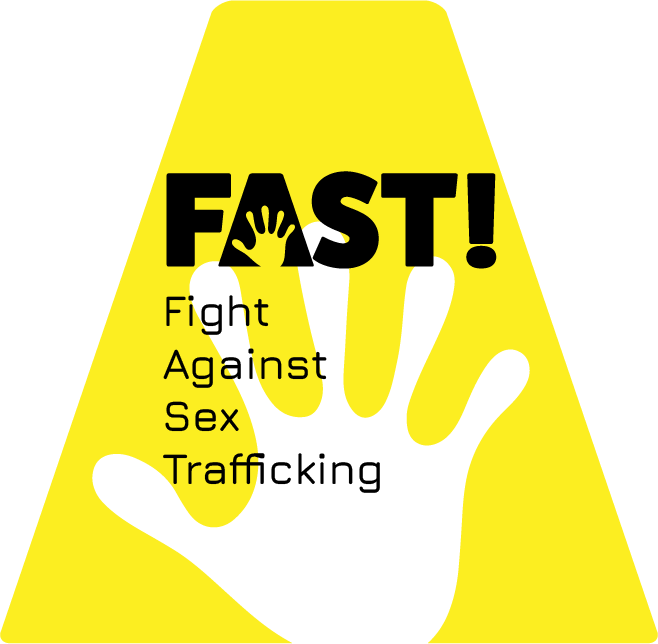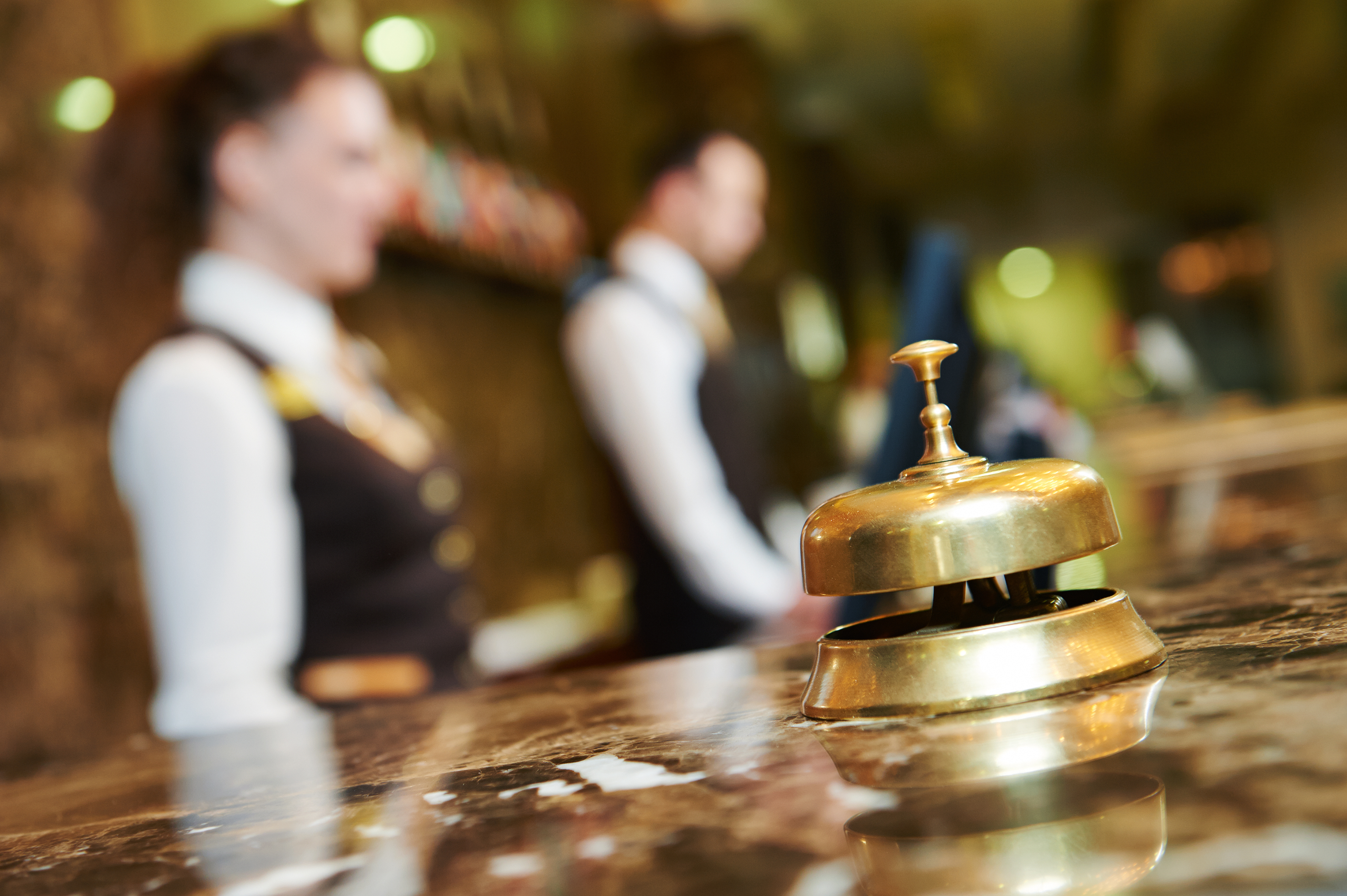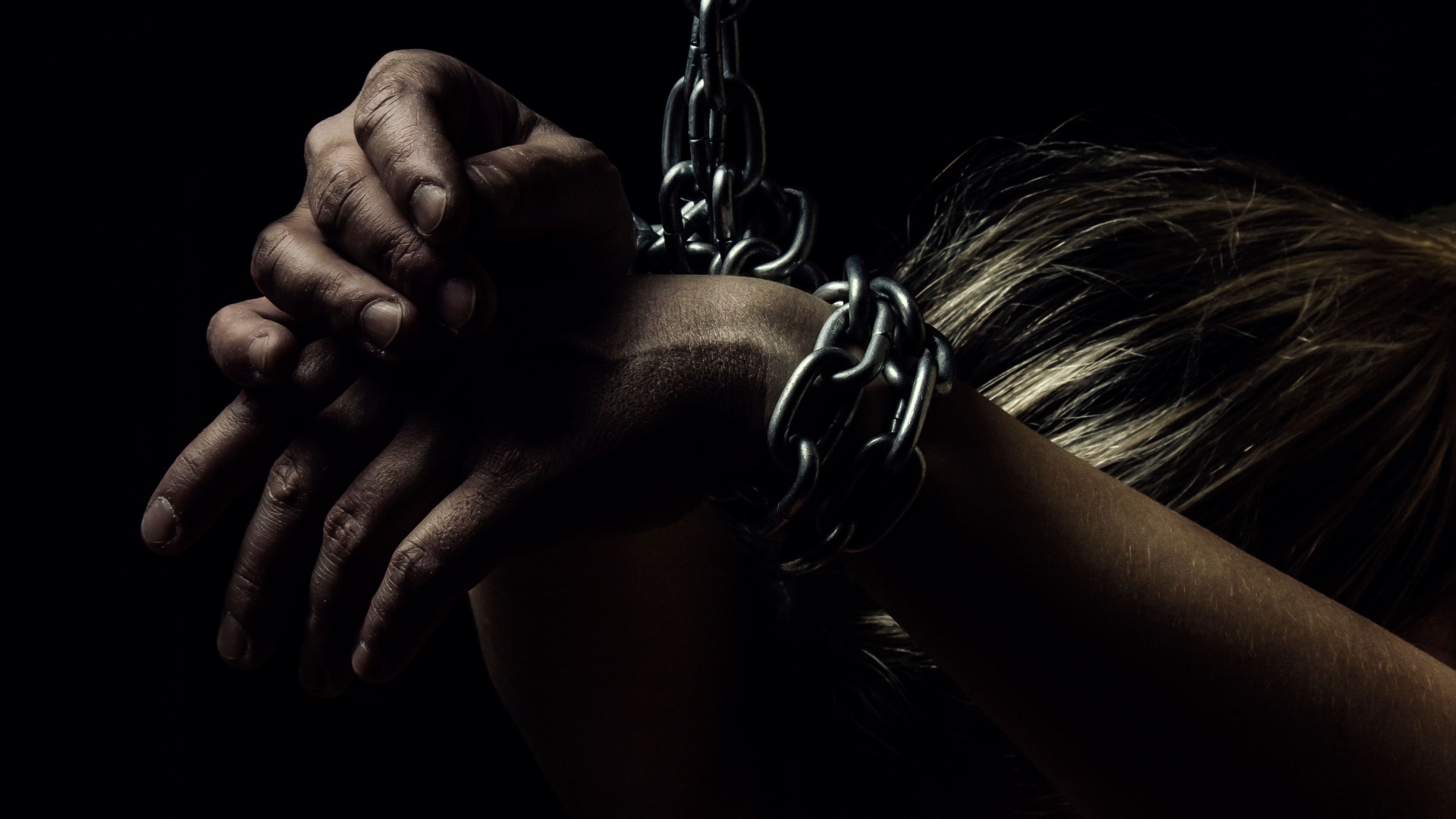Should Hotel Chains Be Held Liable for Human Trafficking? This latest report is a product of Trafficking Inc., a collaborative effort involving ICIJ, Reuters, and various global media organizations. In this narrative, journalist Bernice Yeung sheds light on Elizabeth’s journey. The journey began in the summer of 2018 when she started engaging in prostitution. This was from a room on the second floor of a Days Inn near the interstate in Marietta, Georgia. The pimp who is managing her activities was a twenty-six-year-old affiliated with the Gangster Disciples, known by the alias “Fresh.”
„Her nine-month-old boy was crying in his playpen when I knocked on her home early this year. Her house, paid for in cash with the settlement money, was off a main road. It was hidden by a stand of trees, down a long dirt-and-gravel road. It looked like an avant-garde school building, with a cherry-red door, gray vinyl siding, and a tiered, gabled roof.
Should Hotel Chains Be Held Liable for Human Trafficking?
Elizabeth, who is now 22 years old, looked unfazed even though I had unexpectedly arrived. We sat and talked in folding chairs on her front porch. She vaped and bounced her son, whom she’d wrapped in a thick blanket, on her lap. One of the difficulties, according to law enforcement and social care providers, is that victims of trafficking are pressured and misled to the point that they fail to recognize their own vulnerability. Elizabeth was in the process of confronting a lifetime of damage and dysfunction and learning not to judge herself for what she’d done to survive. “I sat down in the middle of the worst days of my life, and I manifested this life for myself,” she said.”
Read the full report here: www.newyorker.com



